'From Doina to Rembetiko - A Balkan Rhapsody' documentary film, directed by Cristian Radu Nema and Mimis Ravanis, will have two special screenings on 25 and 26 October in Baia Mare and Targu Lapus, respectively, as part of the first edition of the Heritage Film Days in Maramures, according to the CRN Cultural Association.
The special screenings are scheduled for 25 October at 6:30 p.m. at the Centre for Contemporary Art - Painters' Colony in Baia Mare, and on 26 October at 6:30 p.m. at the 'Vasile Grigore Latis' Culture House in Targu Lapus, the Association announced in a press release sent to Agerpres on Wednesday.
The events will be attended by director Cristian Radu Nema, the project's initiator Bianca Beatrice Michi, and several of the film's protagonists. The screenings are held under the high patronage of the Embassy of Greece to Romania.
'From Doina to Rembetiko - A Balkan Rhapsody,' a creative documentary filmed in both Maramures and Greece, explores the cultural roots of two emblematic elements of intangible heritage: the Romanian doina and the Greek rembetiko.
The film aims to highlight the confluence of two unique musical genres that reflect the spirit of two nations brought together in a shared cultural space - the Romanian doina and the Greek rembetiko - both included on UNESCO's Intangible Cultural Heritage list. The film is inspired by the epistolary correspondence between the grandfather of screenwriter Bianca Beatrice Michi and writer Panait Istrati, whose 140th birth anniversary was marked in 2024. Beyond its emotional value, the film also holds ethnomusicological significance as a heritage piece.
"Romanian cinema, in my opinion, is part of our intangible cultural heritage, not only that of Romania but of all Europe. I would propose its full and unconditional inclusion in the UNESCO heritage list, just as the Romanian doina and the Greek rembetiko have been included. These two emotional musical experiences are brought to light in this film. With every film I have created so far, and those I will create in the future, I hope to know that this wellspring will never run dry," director Cristian Radu Nema is quoted in the press release as saying.
The film's narrator is musician and cultural figure Nicu Alifantis, who presents the cultural mosaic to which these two musical genres belong.
'This film brought me closer to the emotions of childhood and the search for our roots. We must understand where we come from in order to know what we aspire to. I'm happy to share with others the joy of being part of an ethno-cultural mosaic,' said Nicu Alifantis, also quoted in the release.
The film also features contributions from Maramures singer Maria Casandra Hausi and Professor Gheorghe Gh. Pop, along with other artists from Romania and Greece, including Horitoarele din Lapus, the Danciu sisters from Costeni, Maria Leordean from Leordina, Ioan Pop from Hoteni, Stefan Cosma from Viseu de Jos, Buda Ana from Lapus, Alexandru Ilea-Noian, as well as Niki Xilouri and Vanghelis Siligardos from Greece.
The film screenings are complemented by the opening of the virtual exhibition 'A Friendship Beyond Seasons - Mihai Bandac and Dumitru Farcas,' which brings together two iconic artists of the Maramures and international cultural scene, painter Mihai Bandac and musician Dumitru Farcas. The exhibition is inspired by the artistic project 'The Seasons,' in which the painter's light-filled landscapes are blended with the profound sound of the taragot.
Admission to all events is free.
The project is organised by the CRN Cultural Association with support from the Maramures County Council. Partners include the National Heritage Institute, the Painters' Colony in Baia Mare, the 'Vasile Grigore Latis' Culture House in Targu Lapus and Marmatia Art.
Sixteen years after the Romanian doina was inscribed on UNESCO's Intangible Cultural Heritage list, the Heritage Film Days in Maramures project aims to preserve and promote elements of Romania's intangible heritage in connection with other heritage elements recognised at European level. It also seeks to offer opportunities for performers and preservers of ancestral traditions to shine, in the context of highlighting important but underrepresented cultural figures. The project presents intangible heritage in as authentic and uncommercialised a form as possible.





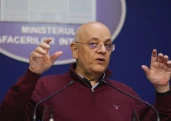
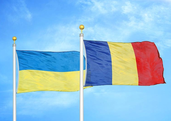

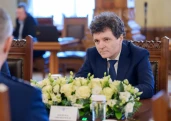



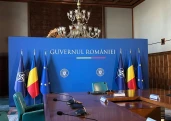

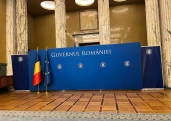







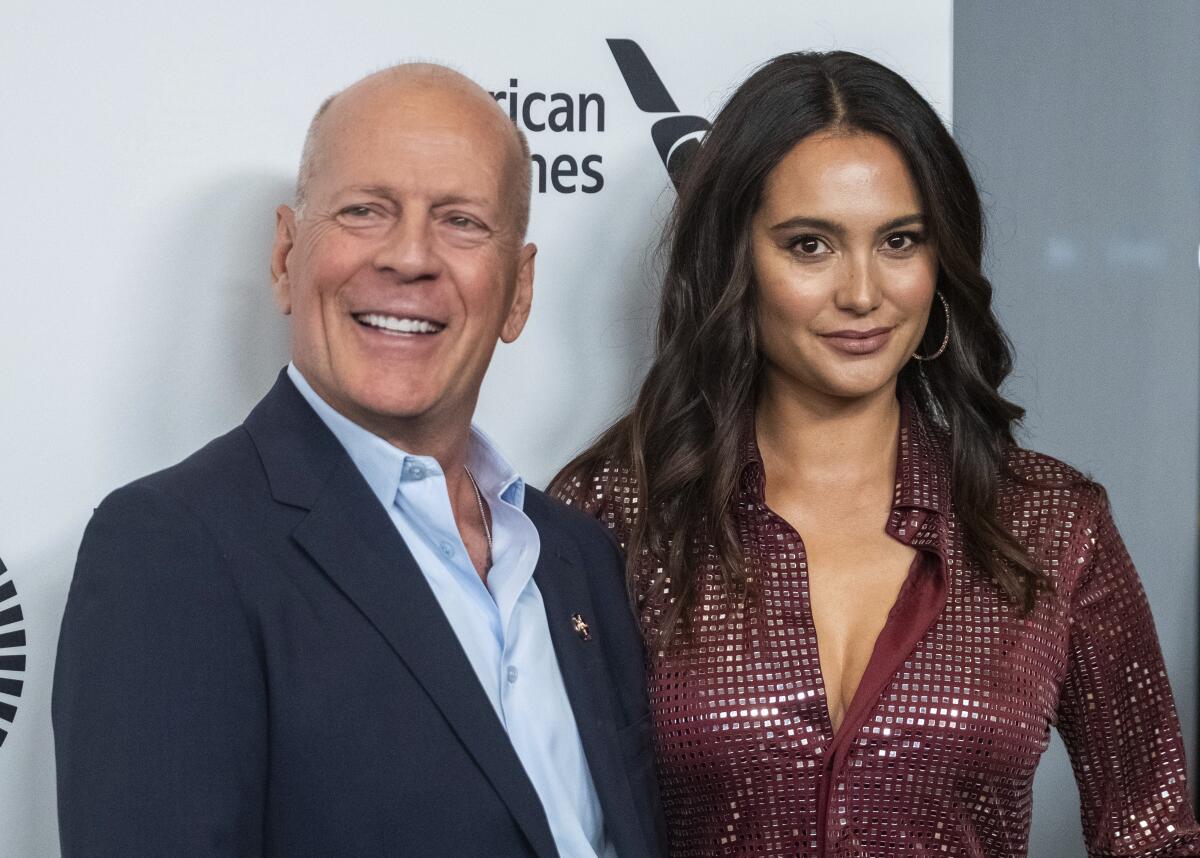

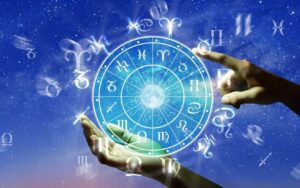







Comentează